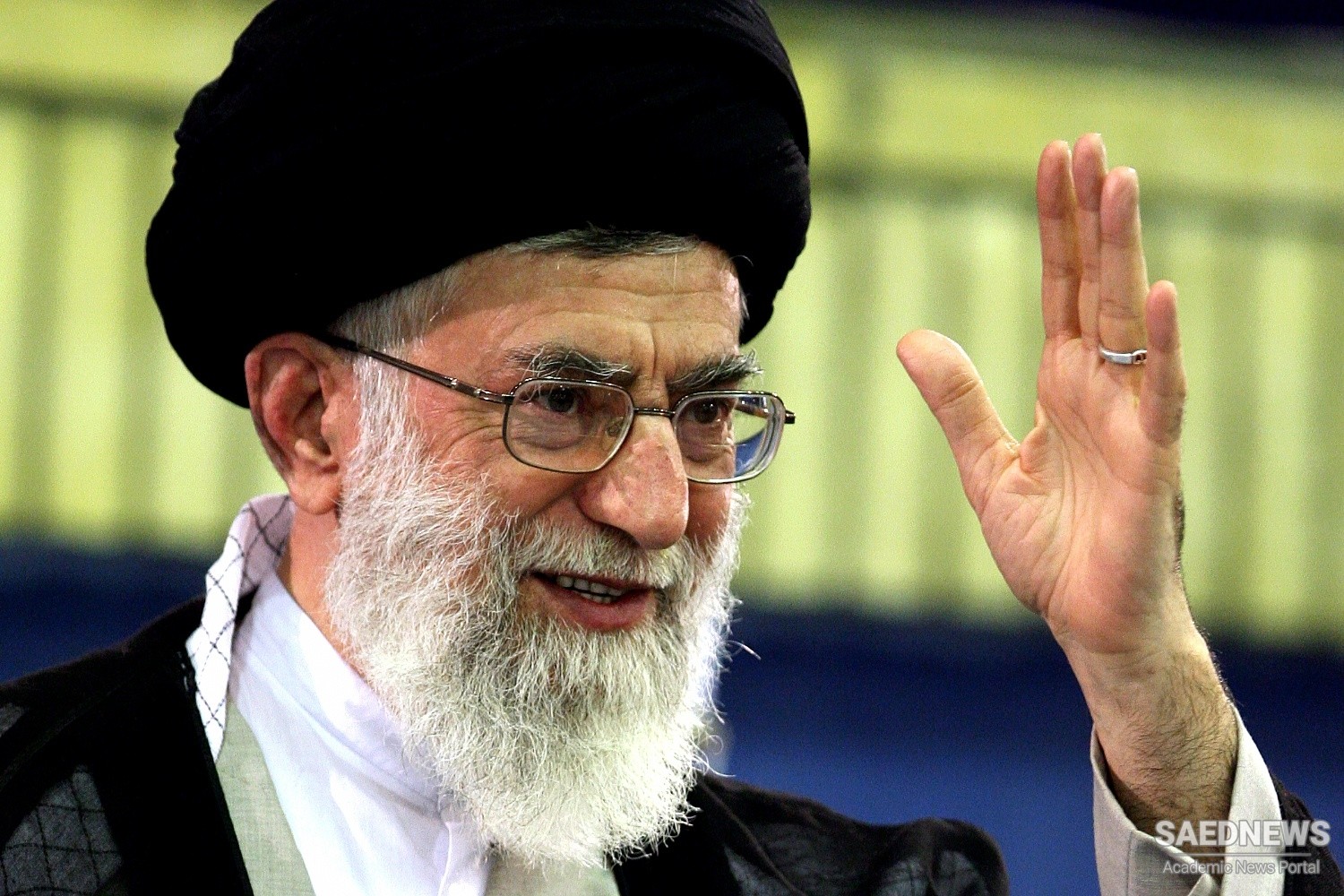The meaning of this tradition is self-evident, and if its chain of transmission is valid, it may also serve to support my thesis. There are still additional traditions that may be quoted. One of them is quoted in Tuhāf al- ‘Uqūl97 under the heading: “The Conduct of Affairs and the Enforcement of Ordinances by the Scholars.” This tradition consists of two parts. The first is a tradition transmitted by the Doyen of the Martyrs (‘a) from the Commander of the Faithful, ‘Ali (‘a), and concerns the enjoining of the good and the prohibition of the evil.
The second part is the speech of the Doyen of the Martyrs concerning the governance of the faqīh and the duties that are incumbent upon the fuqahā, such as the struggle against oppressors and tyrannical governments in order to establish an Islamic government and implement the ordinances of Islam. In the course of this celebrated speech, which he delivered at Mīnah, he set forth the reasons for his own jihād against the tyrannical Umayyad state. Two important themes may be deduced from this tradition.
The first is the principle of the governance of the faqīh, and the second is that the fuqahā, by means of jihād and enjoying the good and forbidding the evil, must expose and overthrow tyrannical rulers and rouse the people so that the universal movement of all alert Muslims can establish Islamic government in place of tyrannical regimes.


 The Scholars as the Heirs of the Prophets
The Scholars as the Heirs of the Prophets














































